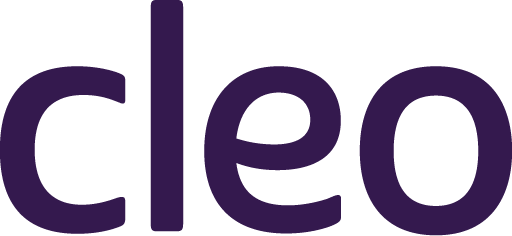Many adults don’t realize they’re about to become a caregiver until it’s already happened. A fall. A stroke. A diagnosis of Alzheimer’s, cancer, or Parkinson’s. In a moment, their role shifts from child or partner to care coordinator, health advocate, financial manager, and emotional support system. And most are wholly unprepared.
Caring for an aging adult brings logistical, emotional, and medical complexity that few employees are equipped to navigate. Yet millions are doing it while working full time, managing their own health, and often caring for children as well. The result is an overwhelmed, burnt-out workforce and a hidden driver of healthcare costs, absenteeism, and attrition.
Employers might view eldercare as a private or family matter. But it isn’t. It’s a business issue, a healthcare issue, and one that’s only growing more urgent as the U.S. population ages.
Eldercare responsibilities are sudden, complex—and costly
Adult caregiving is rarely planned. According to AARP, 26% of U.S. adults are caring for someone over 50, and nearly half of them began doing so with little or no warning. Once in that role, they’re tasked with managing chronic conditions, sourcing in-home care, navigating Medicare and long-term care insurance, making safety modifications, and having painful conversations about end-of-life planning.
Without guidance, this burden leads to missed work, increased stress, and delayed care. Research from AARP shows that 70% of working caregivers experience work-related difficulties, and more than one-third report cutting back hours or leaving their jobs entirely.
For employers, that disruption shows up in the data: in absenteeism, presenteeism, delayed preventive care, and higher claims costs.
According to the Rosalynn Carter Institute for Caregivers, the estimated cost of lost productivity due to caregiving is more than $33 billion annually.
Caregivers need a roadmap—and Cleo provides one
When caregiving support is proactive and personalized, the results are transformative. That’s where Cleo comes in.Cleo caregiving experts work with members to prepare before a crisis hits—helping them understand signs of cognitive decline, prepare for tough conversations, and build a long-term care strategy. And when the unexpected happens, Cleo provides real-time guidance on what to do next: how to respond to a diagnosis, source in-home and specialized care, manage medications and appointments, and help caregivers find time to care for their own health, too.
Most critically, Cleo ensures caregivers aren’t doing this alone. With access to clinical experts, referrals to mental health support, and guidance through complex systems, members feel confident and capable, not lost and overwhelmed. This translates directly into fewer leaves of absence, improved retention, and lower healthcare spending over time.
Caregiver support is smart healthcare strategy
Healthcare costs aren’t just driven by individual conditions—they’re driven by the systems that support (or fail to support) the people managing them. If a caregiver is too exhausted to book their own checkups, or too overwhelmed to notice early warning signs in a loved one, the result is avoidable urgent care visits, preventable hospitalizations, and higher cost interventions down the line.
But when caregivers are supported, the picture changes. They’re more likely to stay at work, more likely to stay well, and more likely to get their loved ones the care they need—on time, and without unnecessary escalation.
Eldercare support is not just an act of compassion. It’s an evidence-based investment in your workforce and your bottom line.

